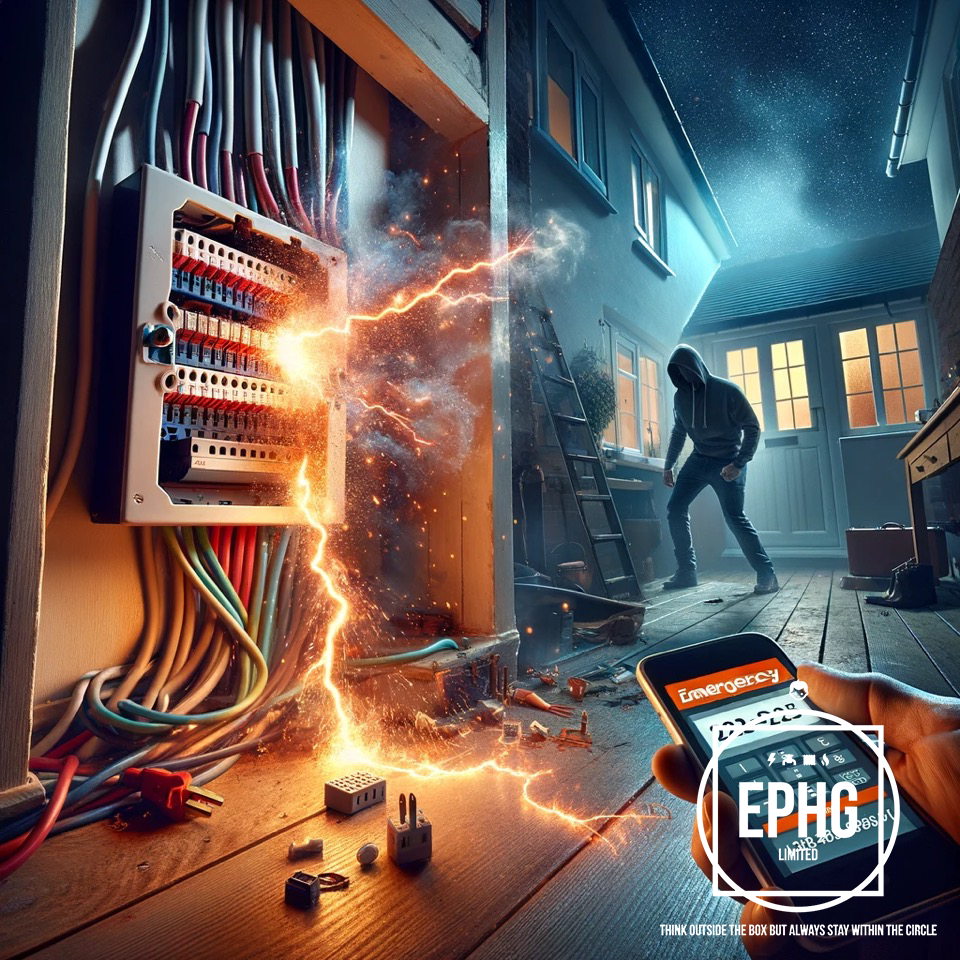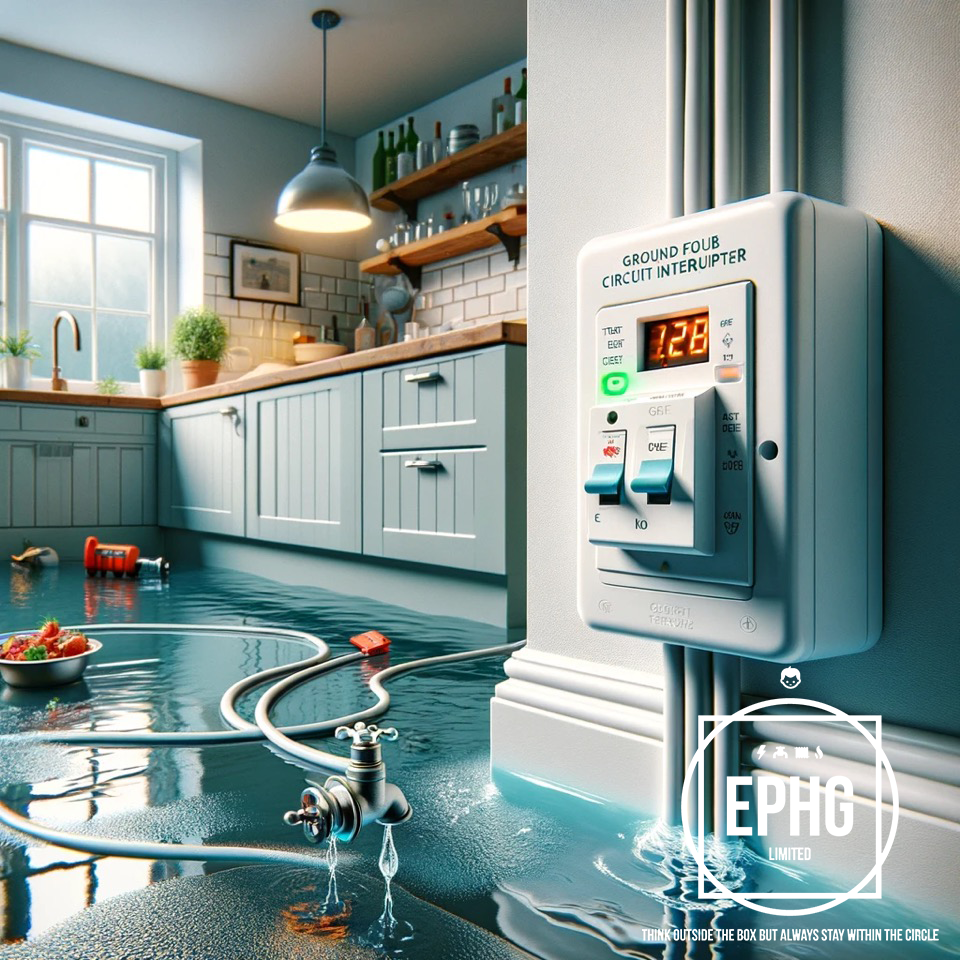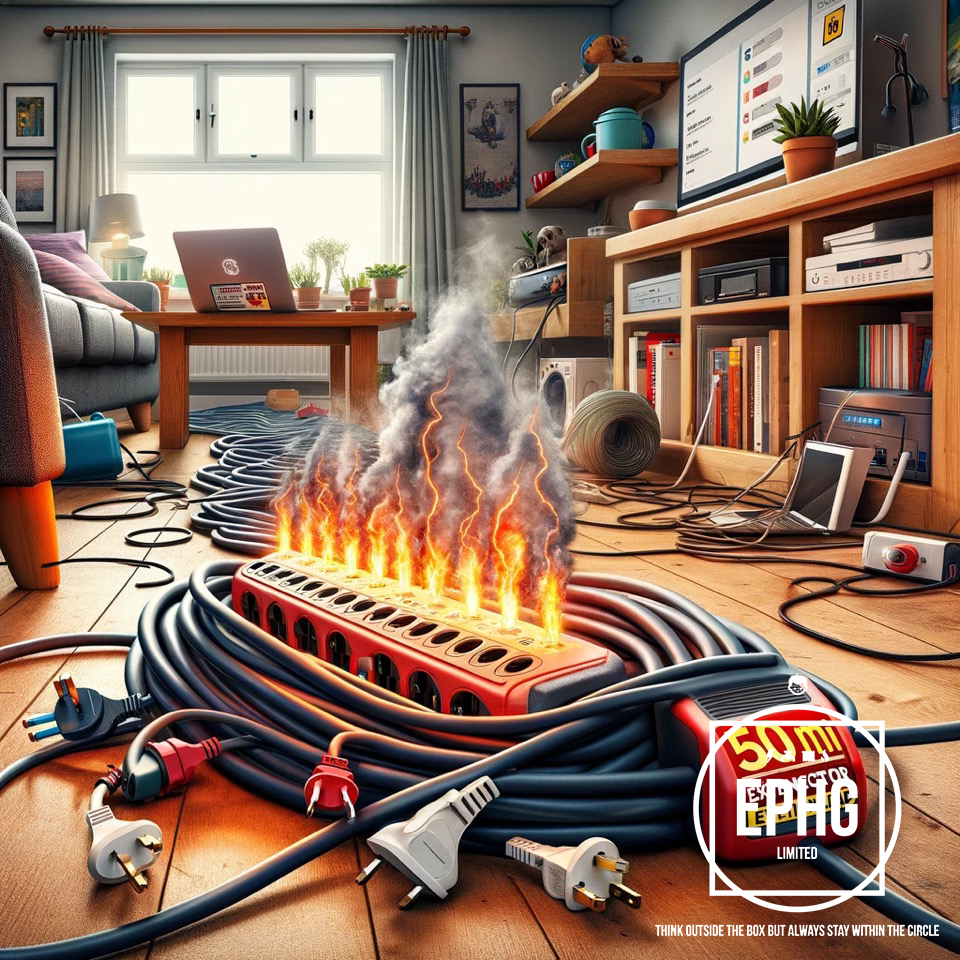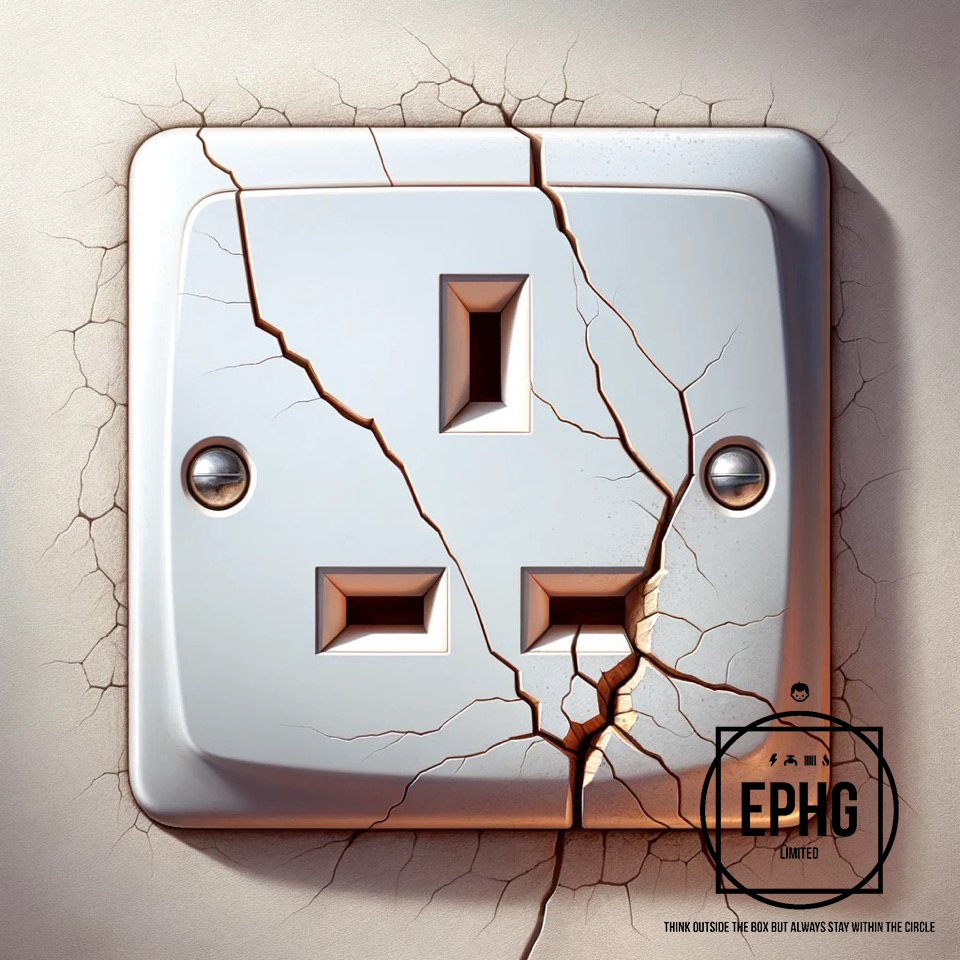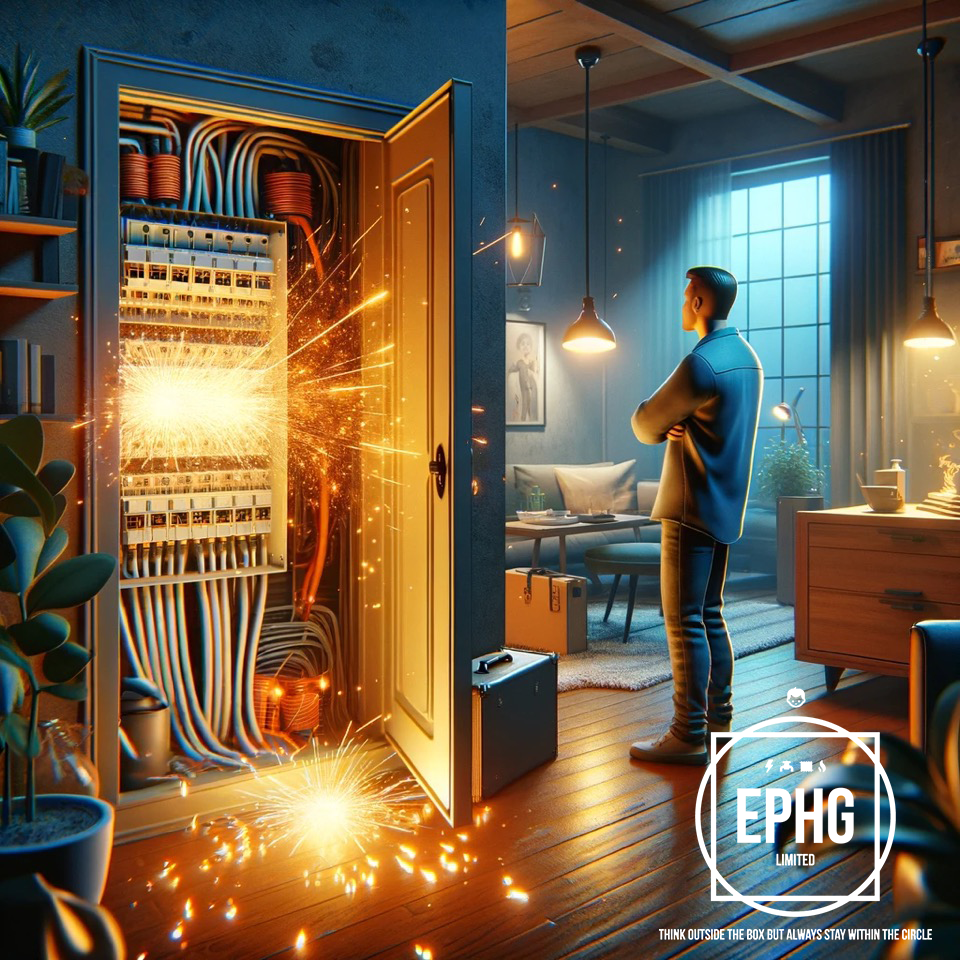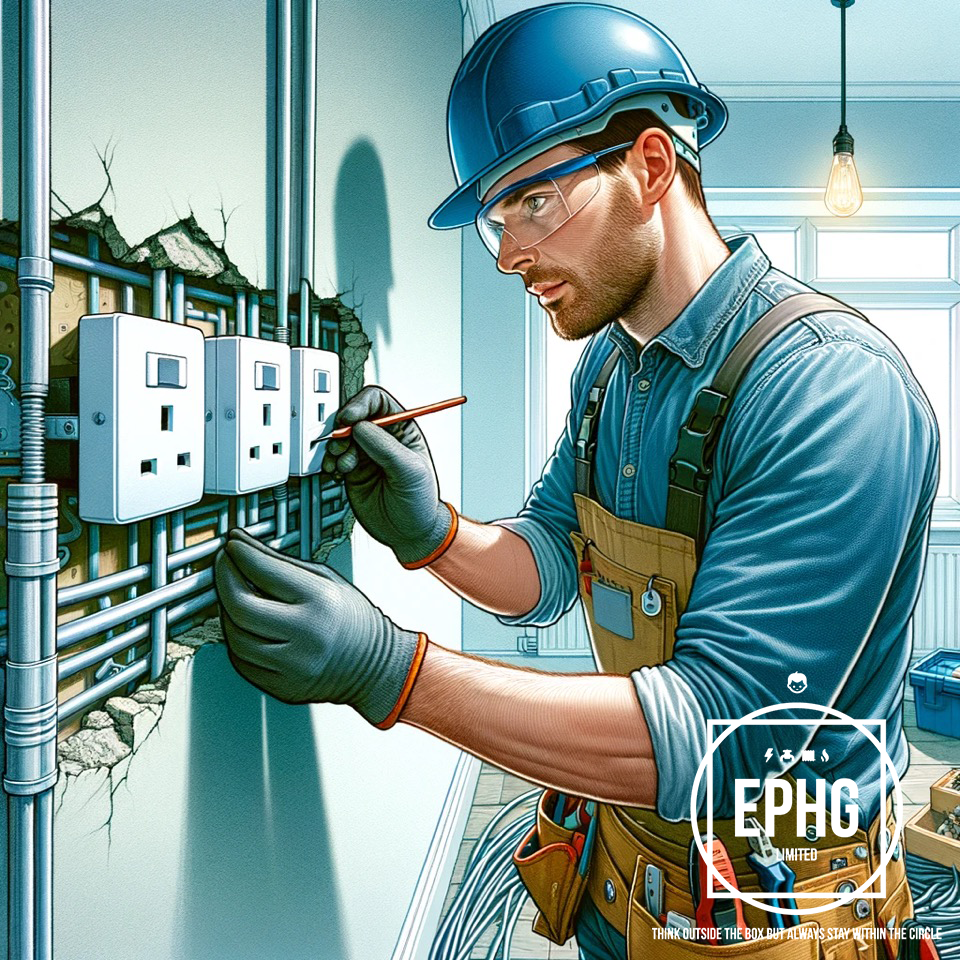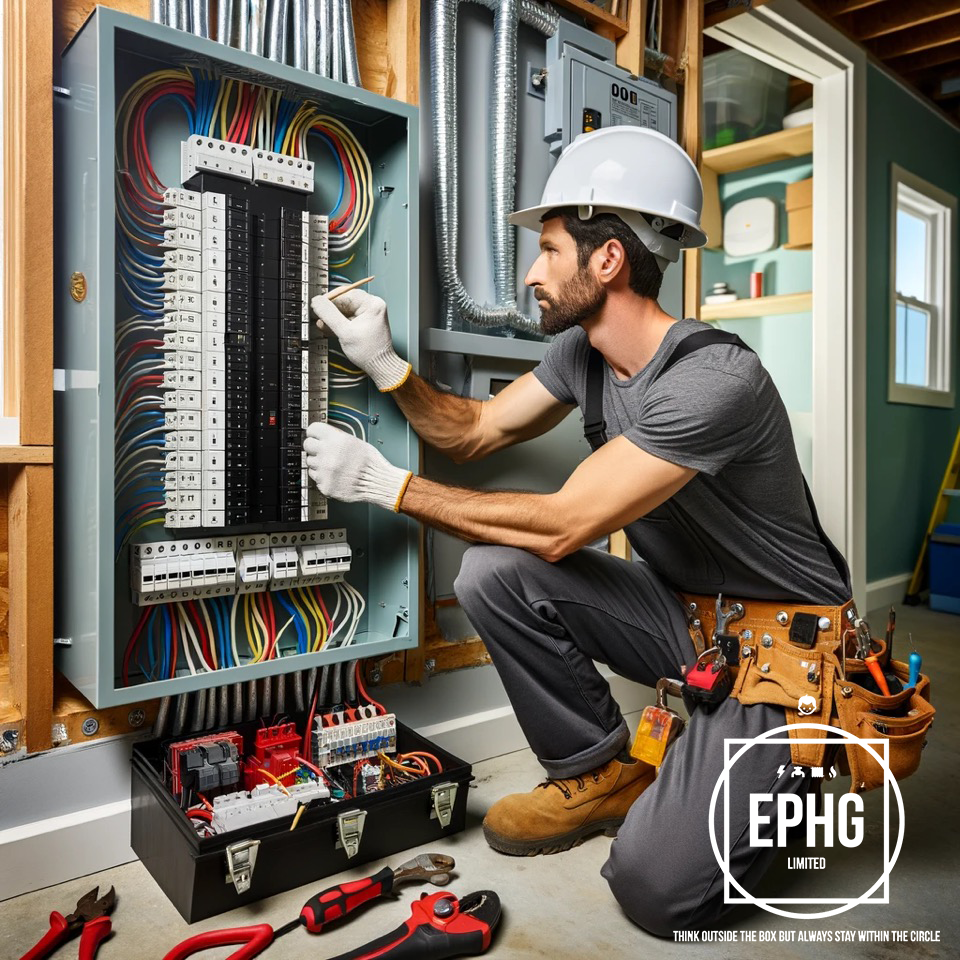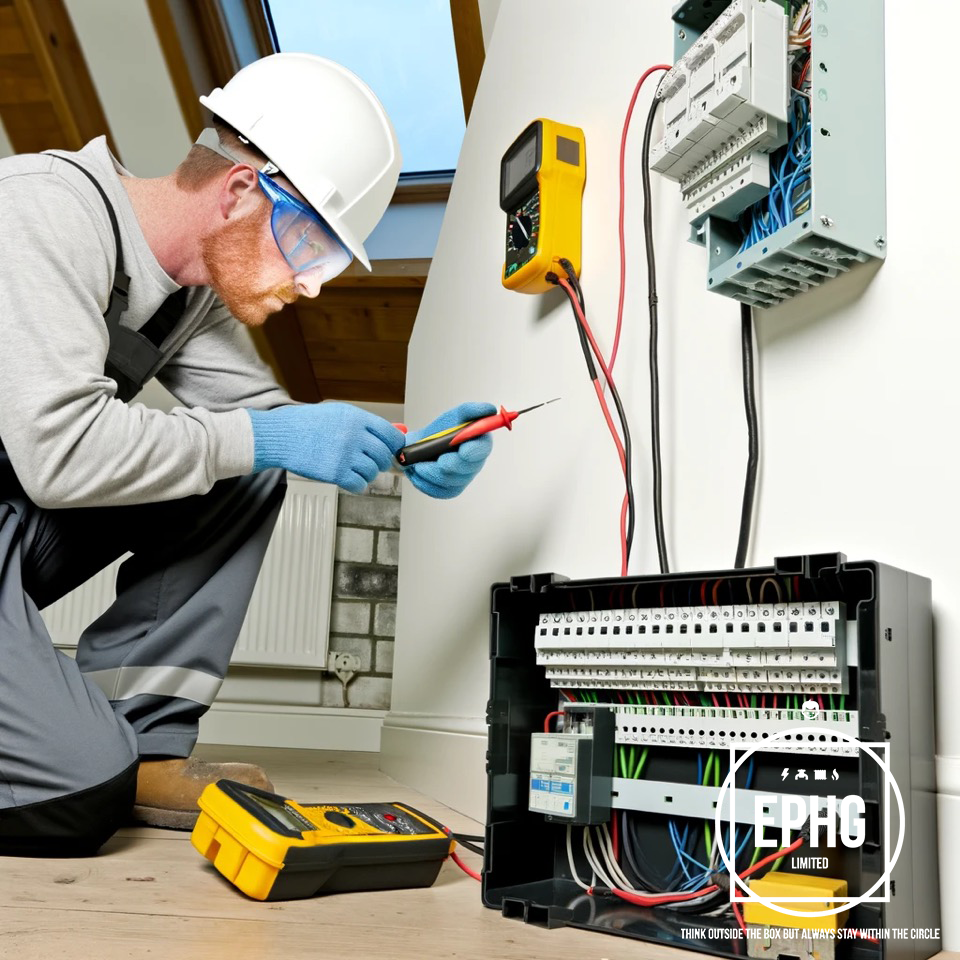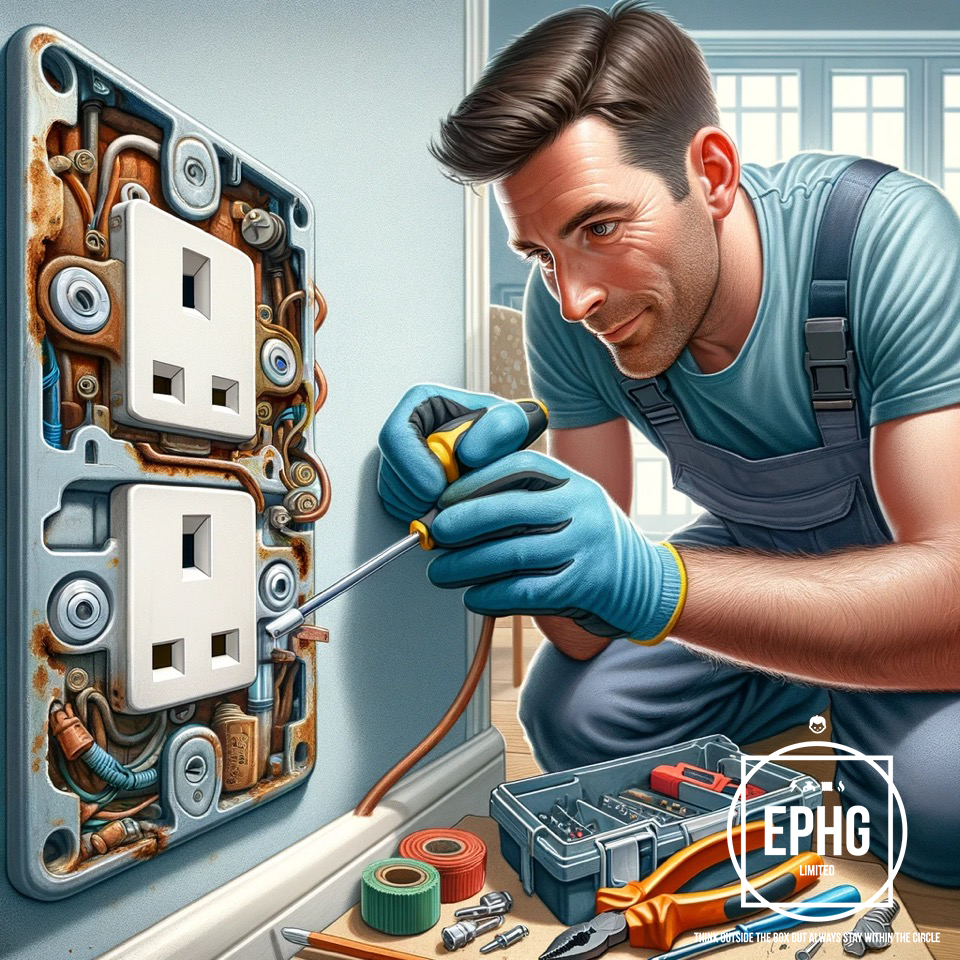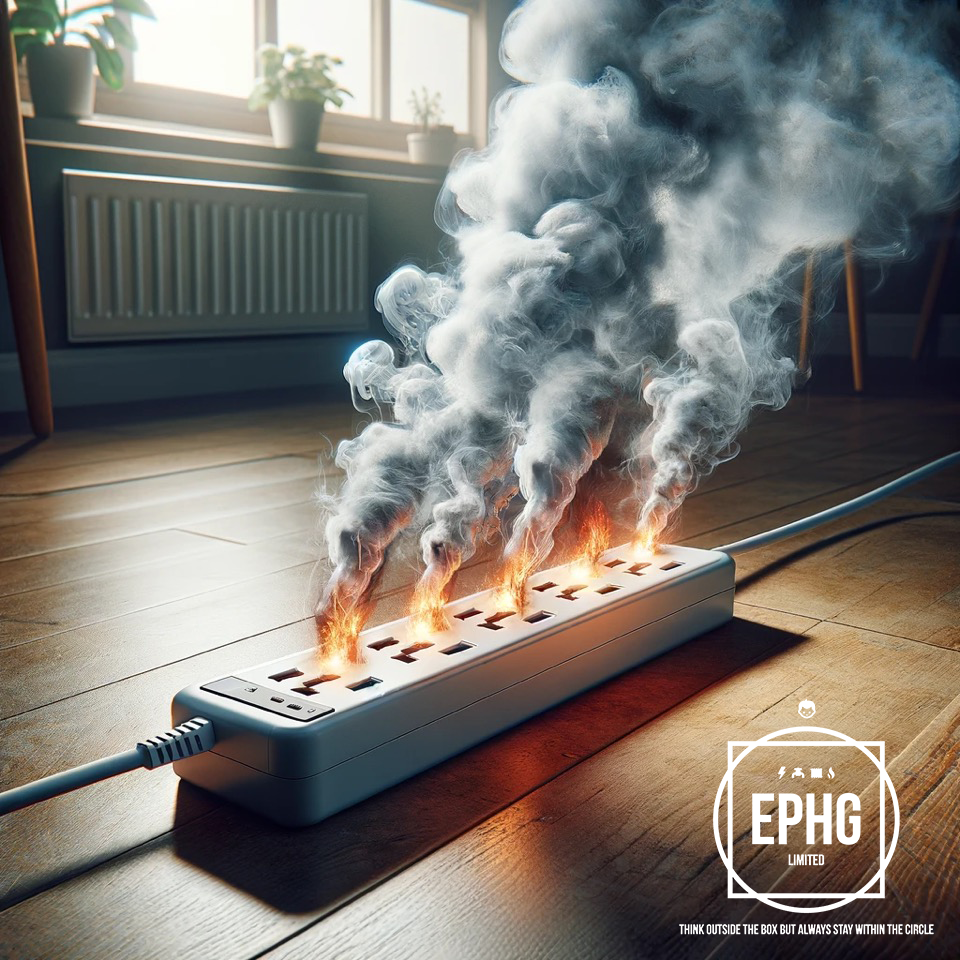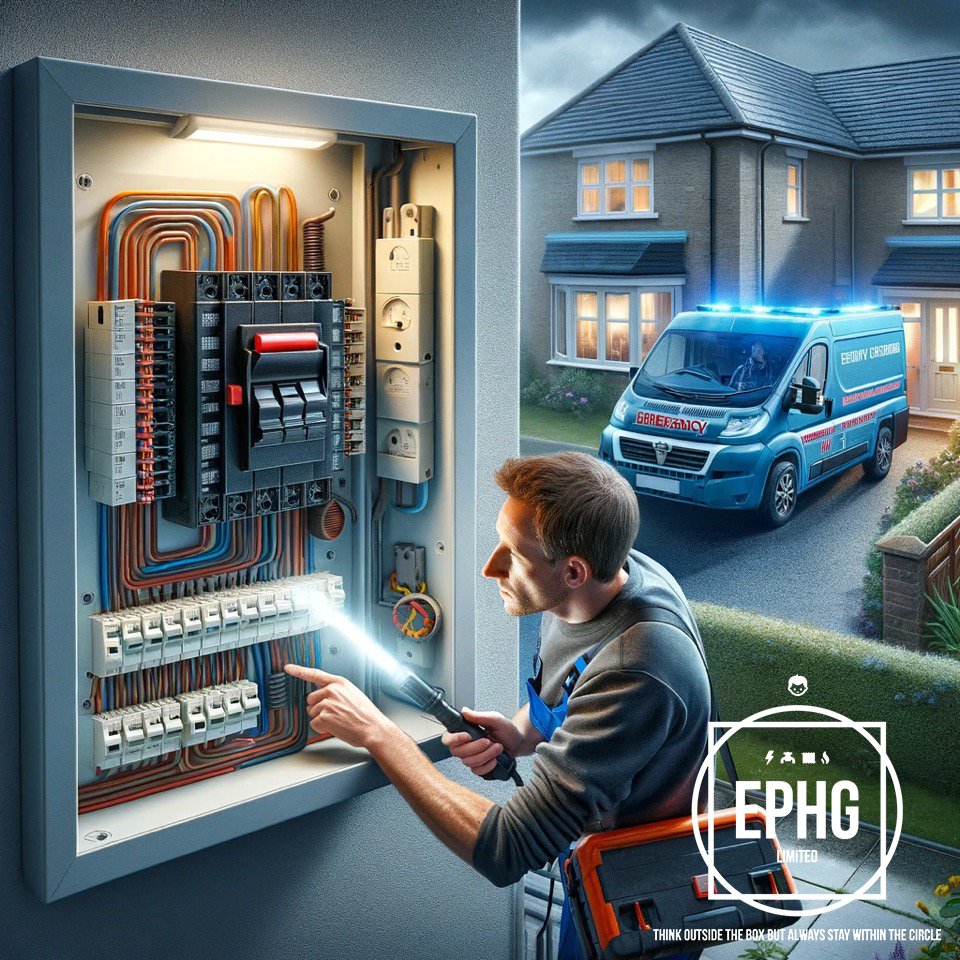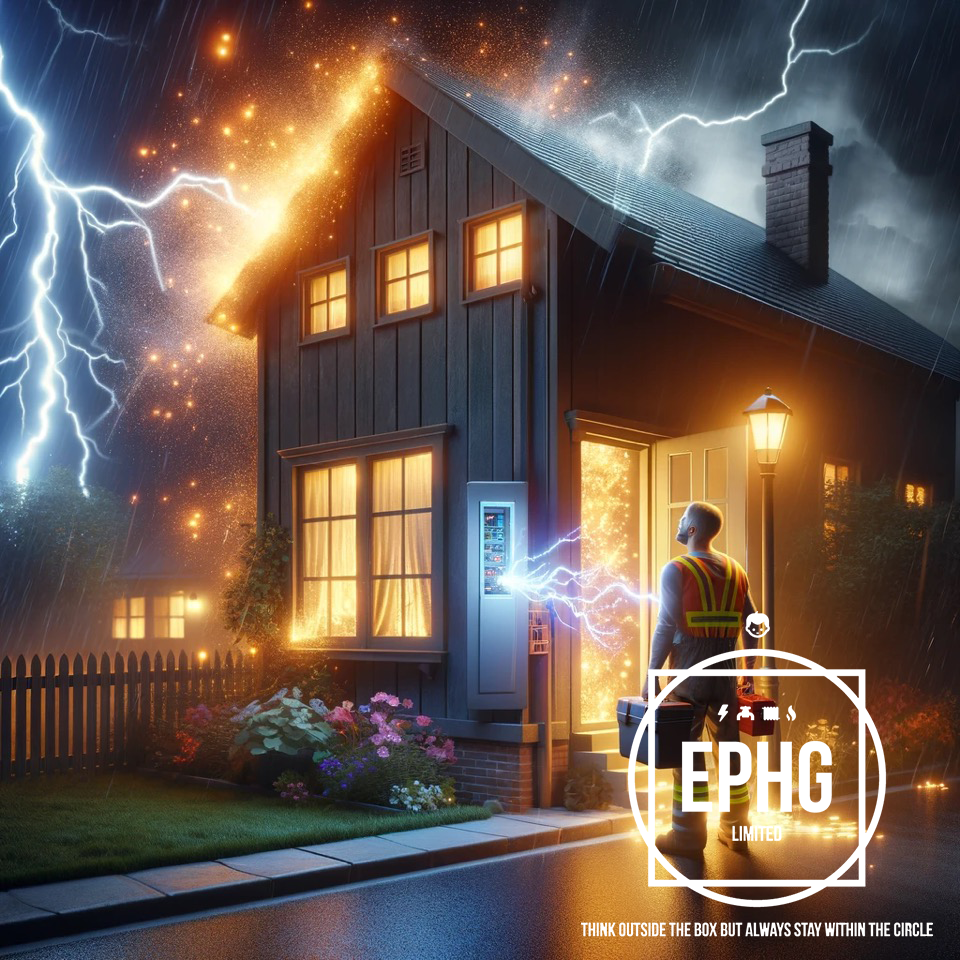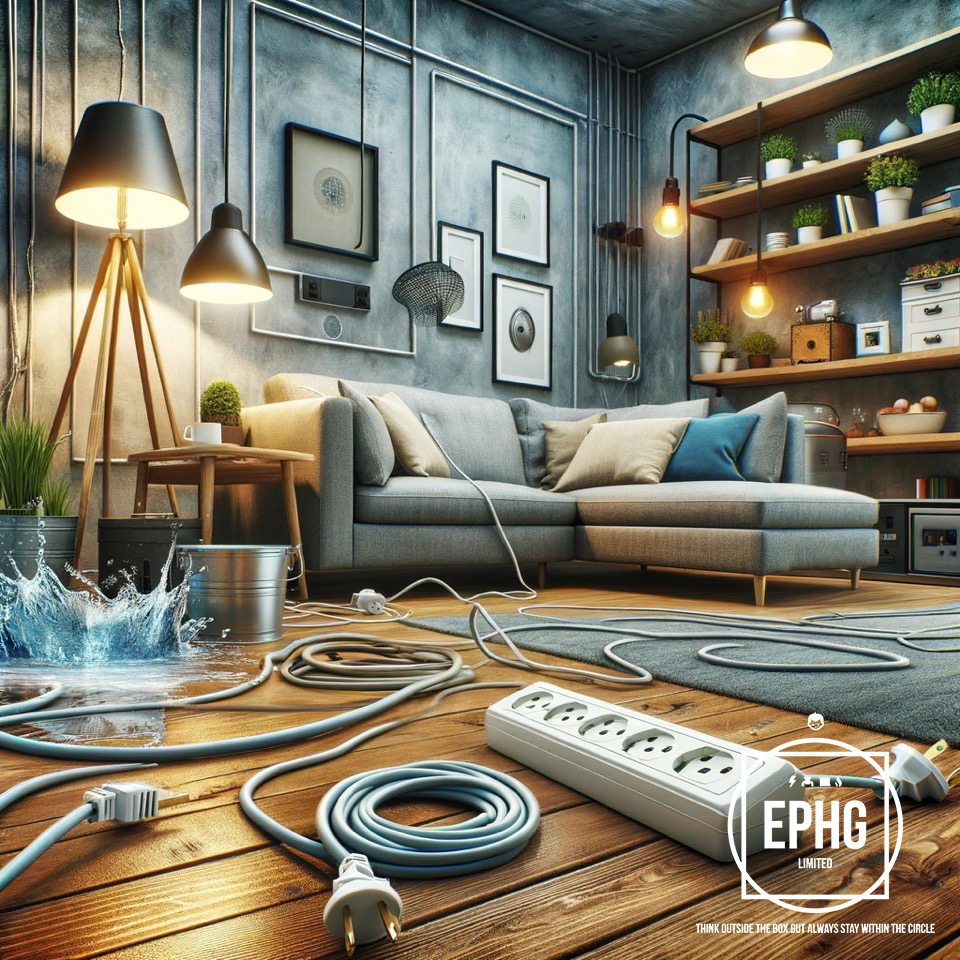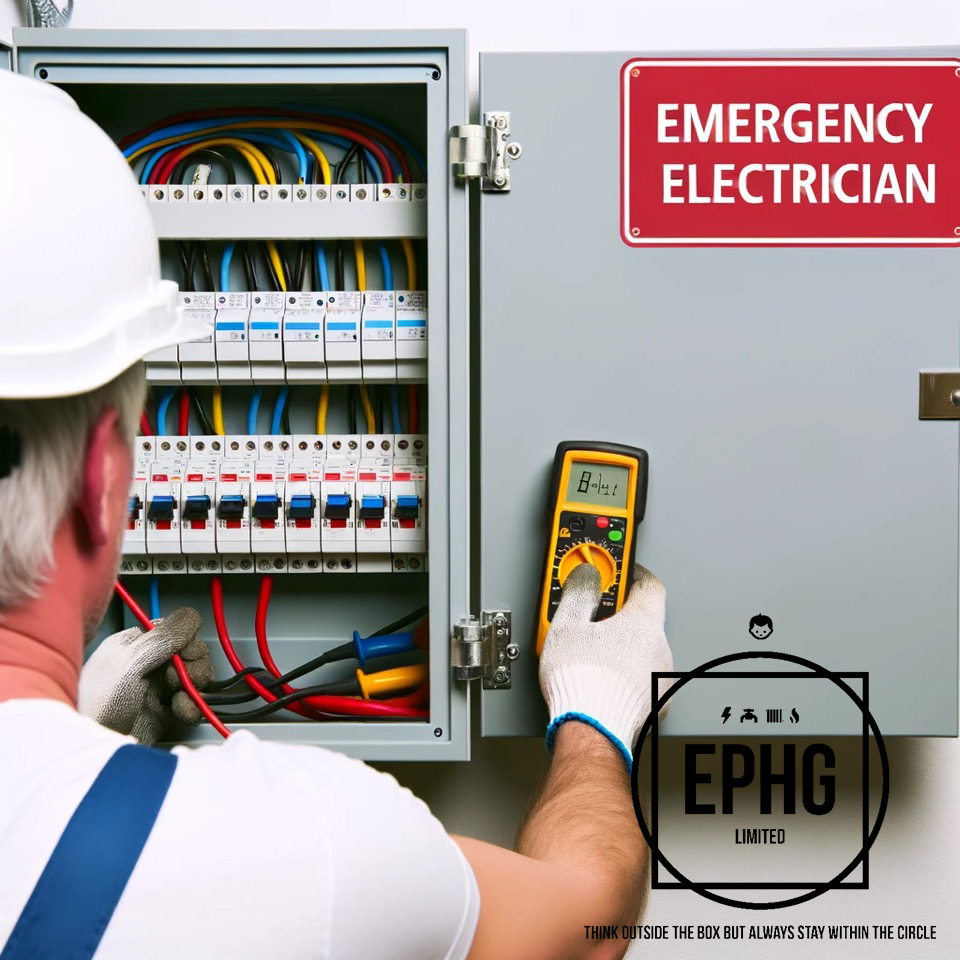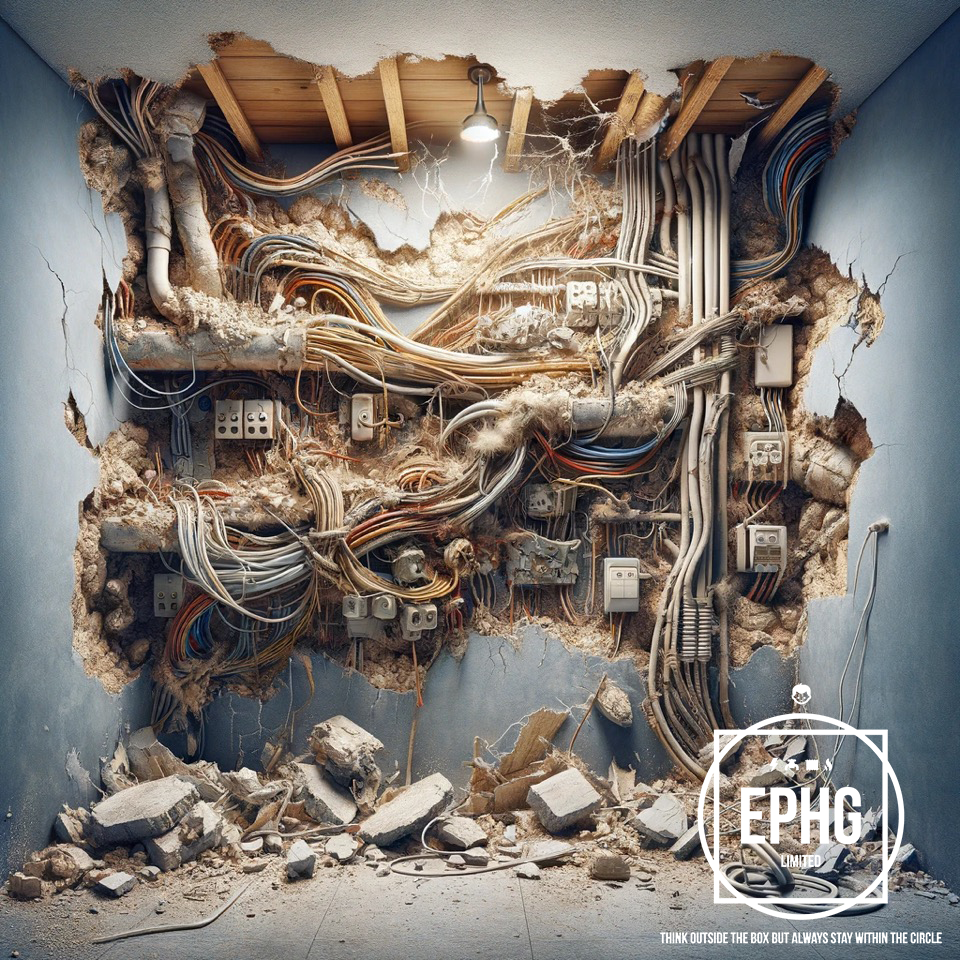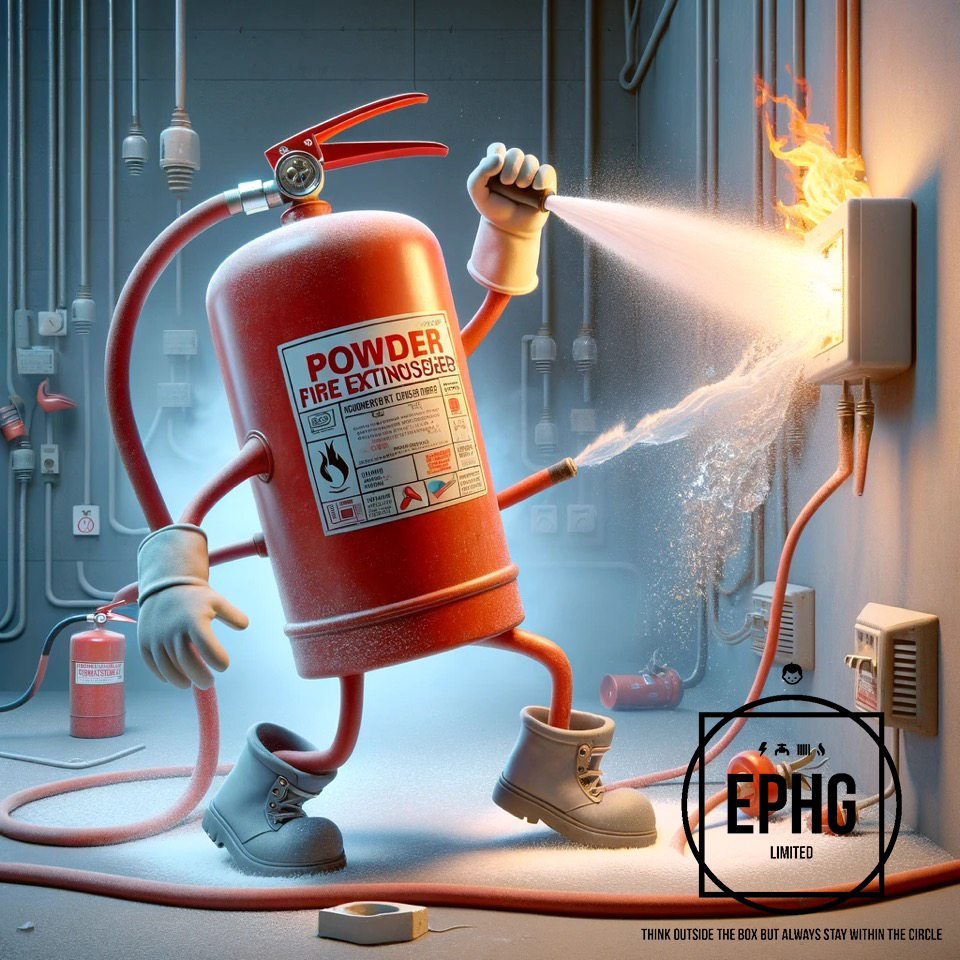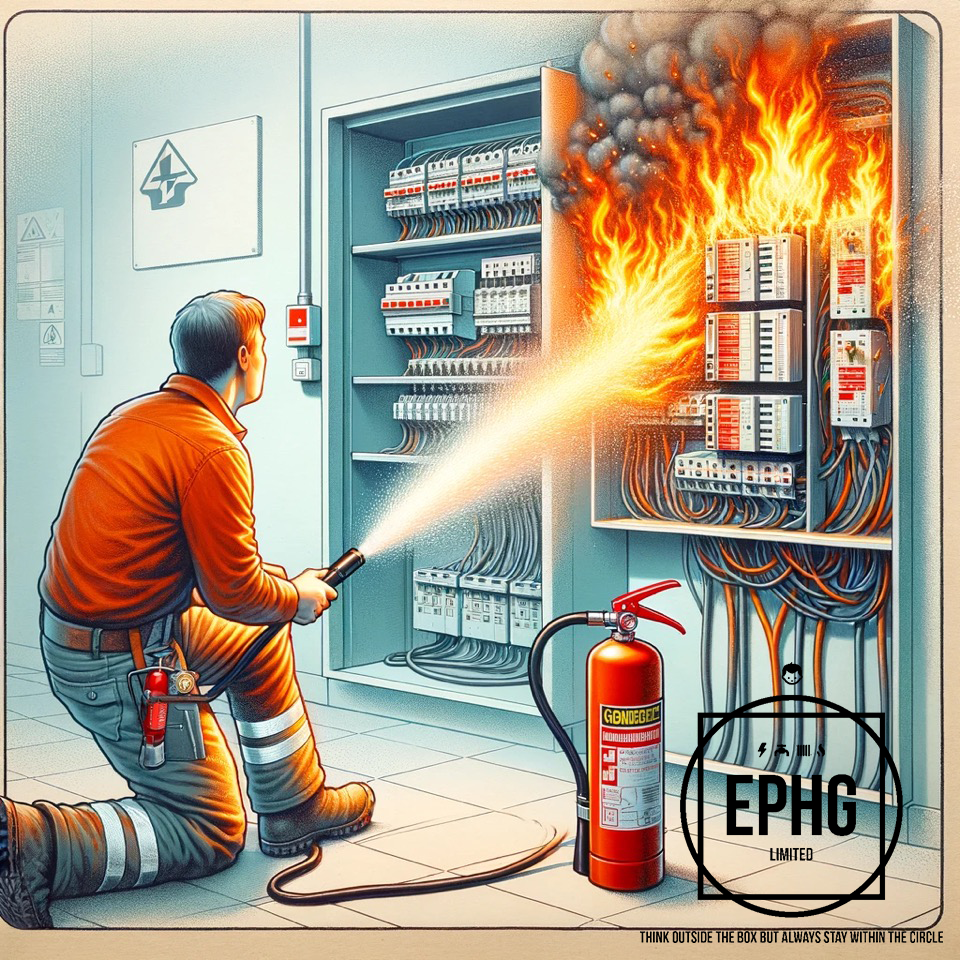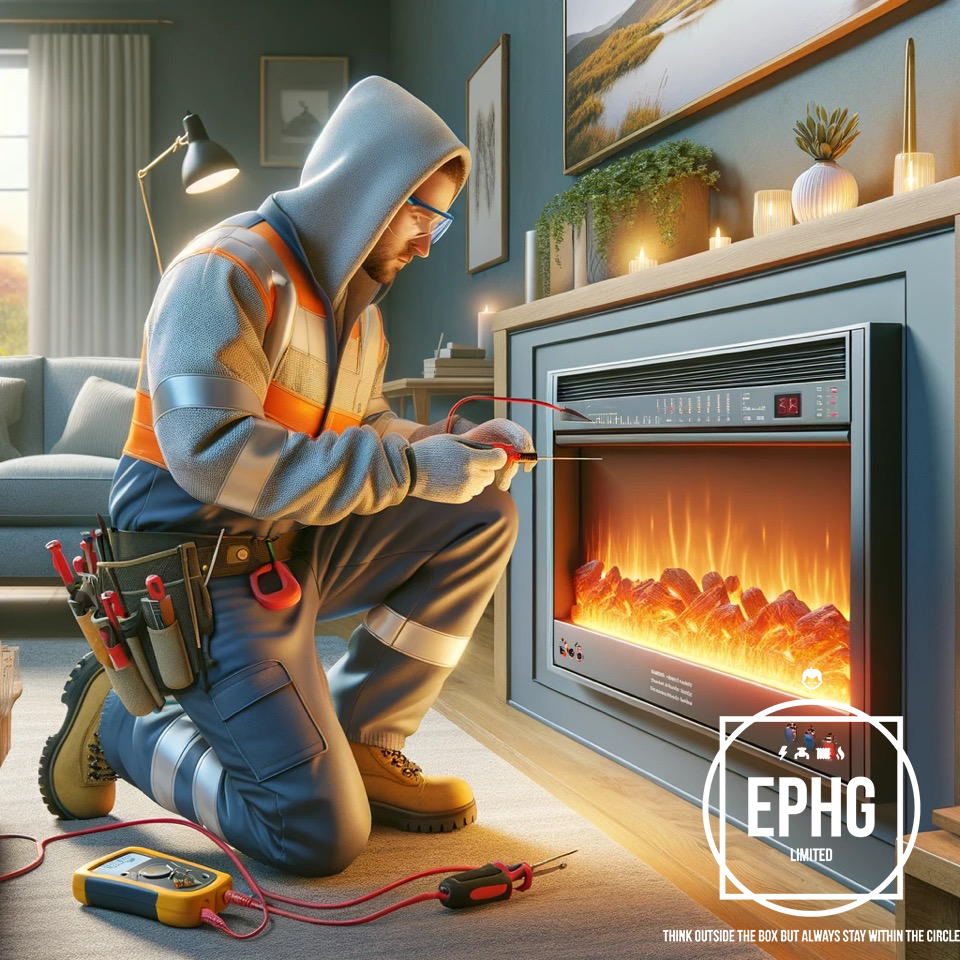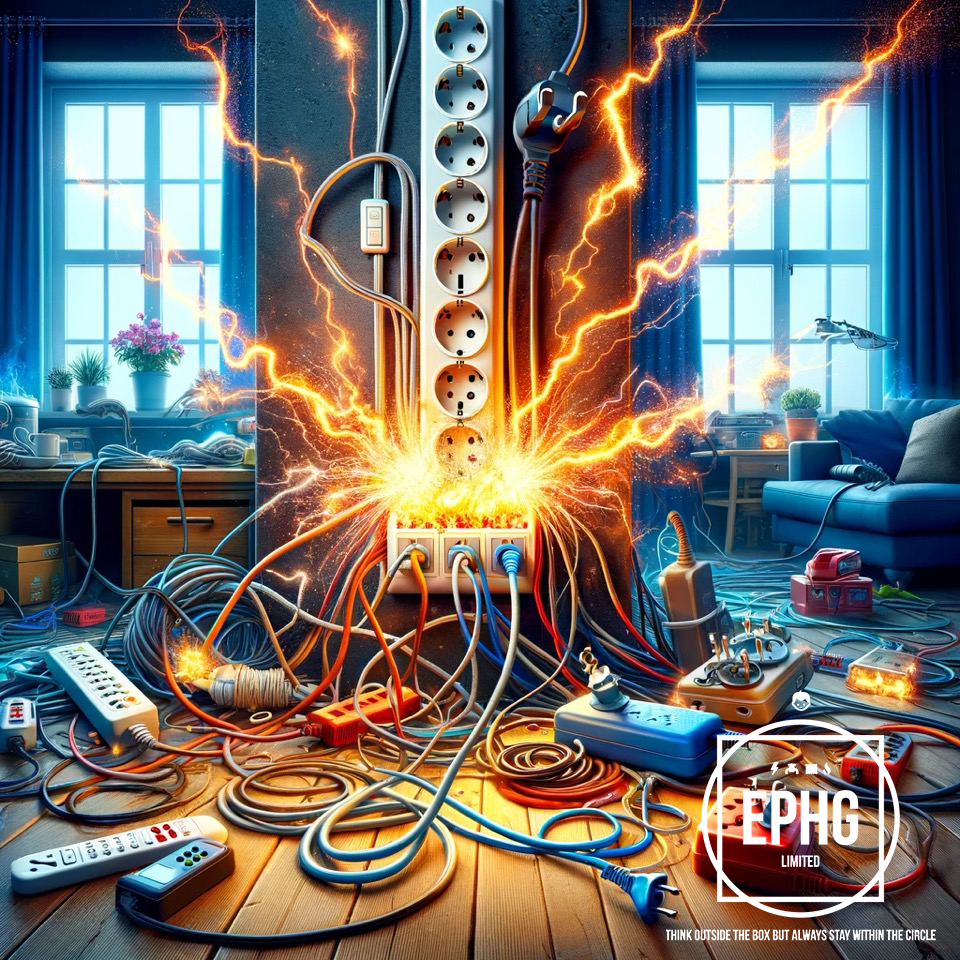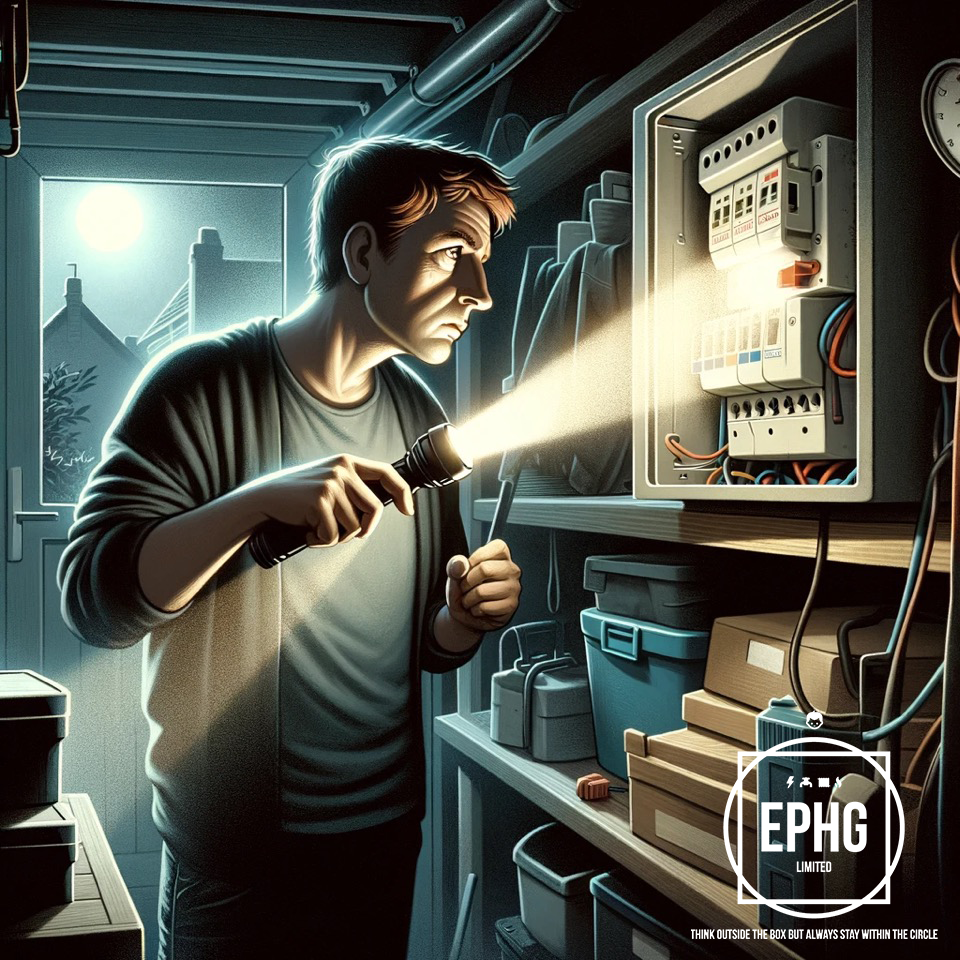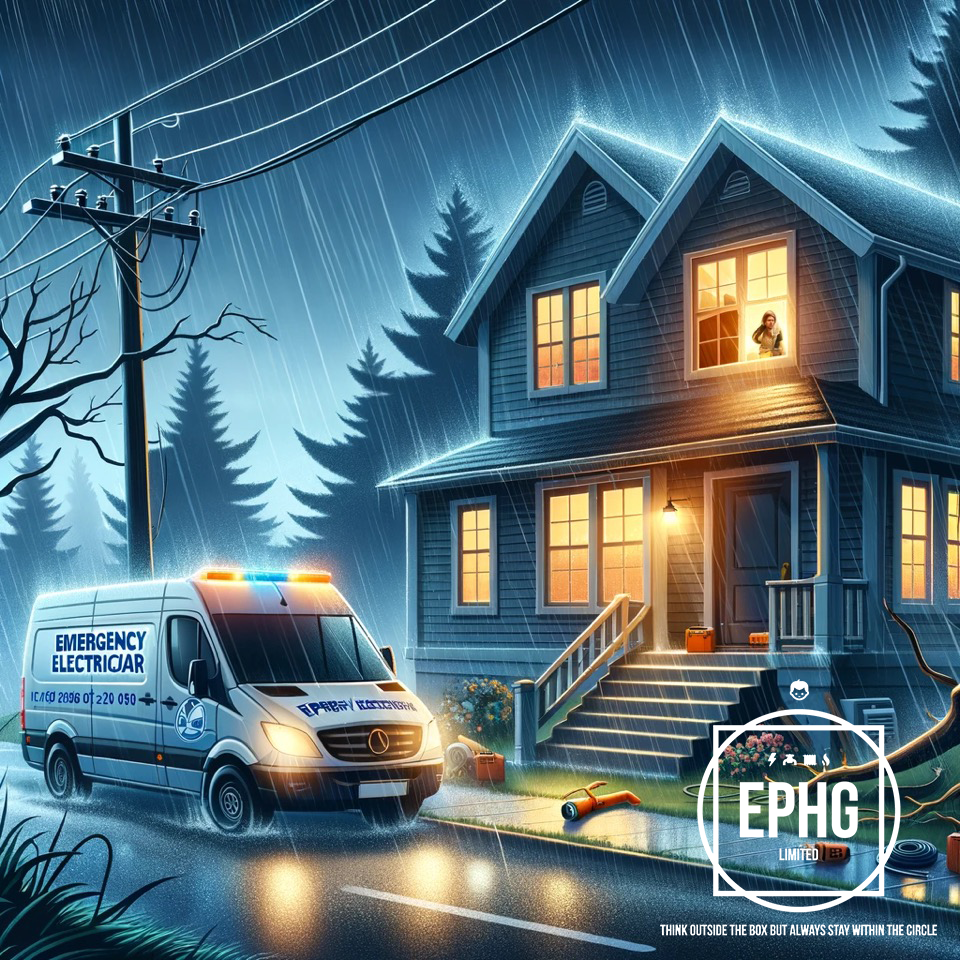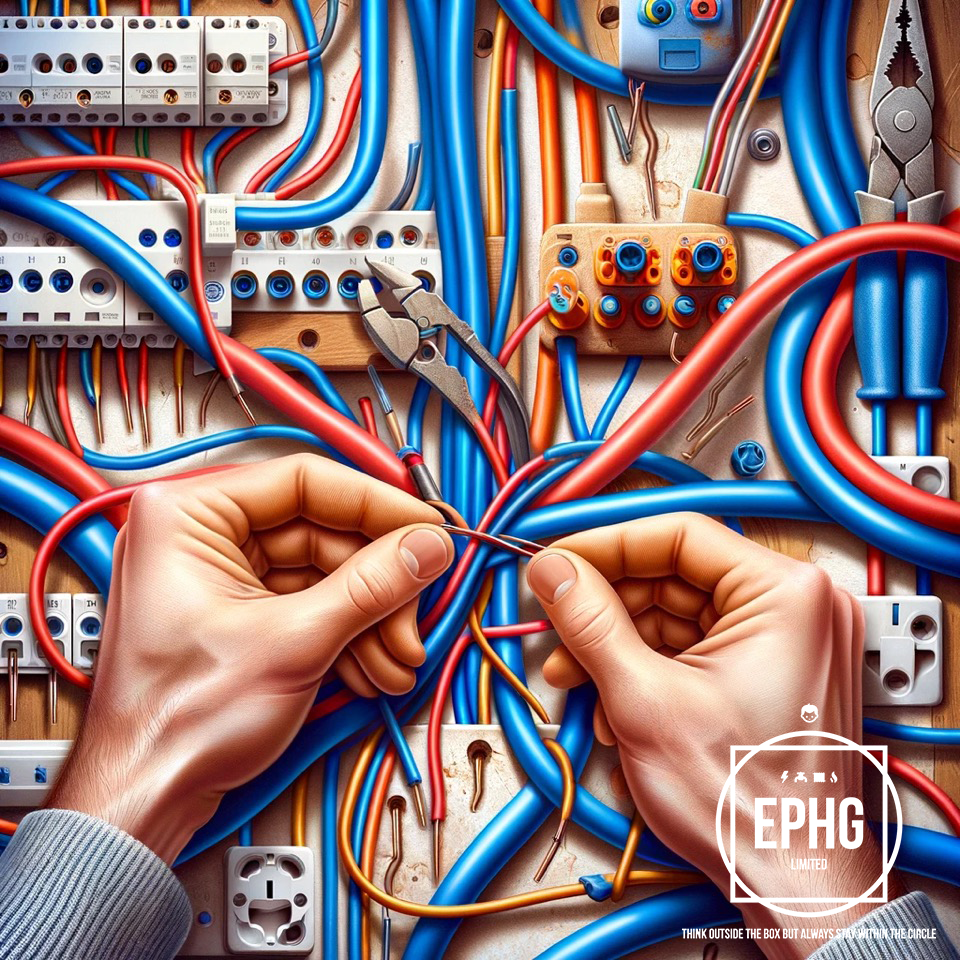
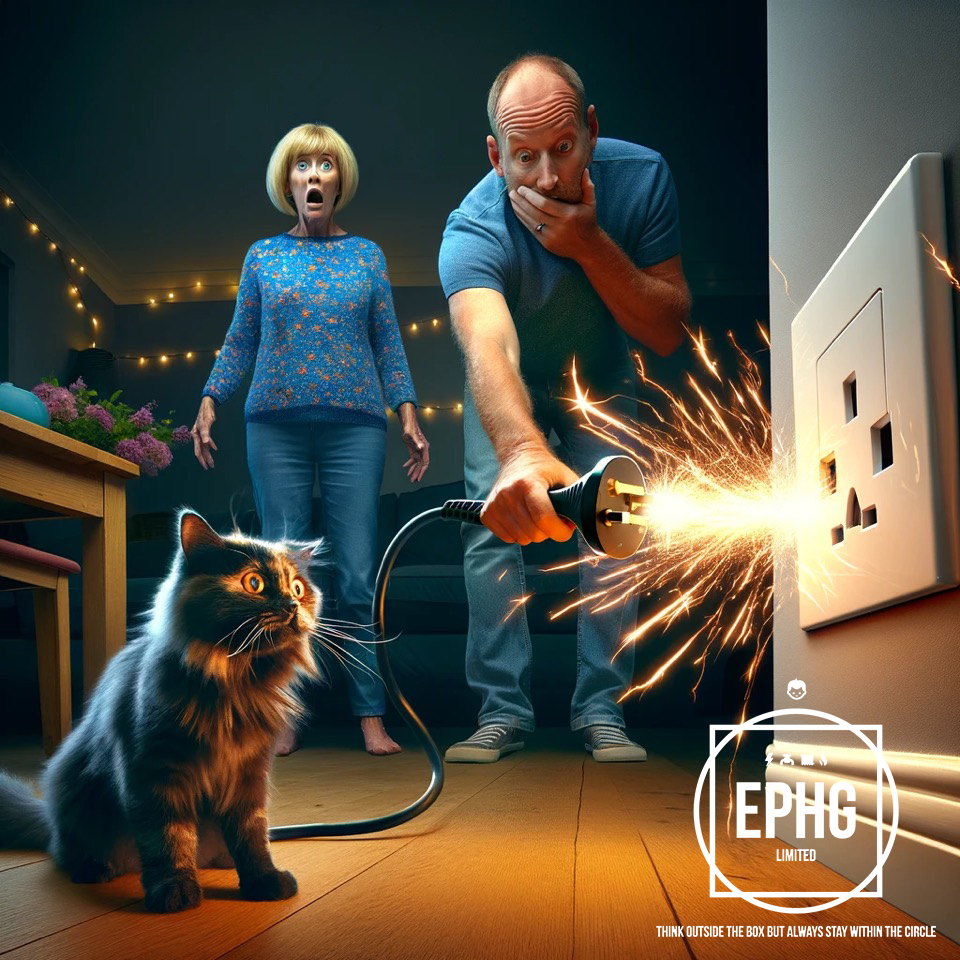
The Risks of Crossing Wires and the Need for an Emergency Electrician in the UK
Accidentally crossing electrical wires is a common mistake that can have serious consequences for both your property and personal safety. Understanding what happens when wires are crossed, the potential risks involved, and when to call an emergency electrician in the UK is crucial for any homeowner. This article explores these aspects, aiming to provide valuable insights into the importance of electrical safety and professional intervention.
What Happens When Wires Are Crossed?
Crossing wires, or incorrectly connecting electrical wires, can disrupt the normal flow of electricity, leading to a range of electrical problems. This mistake typically occurs during DIY electrical installations or repairs when live (hot), neutral, and ground wires are not correctly identified and connected.
Potential Risks of Crossing Wires
- Short Circuits: One of the most immediate risks of crossing wires is creating a short circuit. This happens when a live wire comes into direct contact with a neutral or ground wire, allowing electricity to flow through a path with very low resistance. Short circuits can generate excessive heat, leading to sparks, electrical fires, or damage to appliances and electrical systems.
- Electrical Fires: The excessive heat from a short circuit can ignite surrounding materials, leading to electrical fires. These fires can spread quickly, especially in older buildings with outdated wiring, posing a significant risk to the property and its occupants.
- Damage to Electrical Appliances: Incorrect wiring can cause overloading and damage to electrical appliances. Sensitive electronics, in particular, are vulnerable to incorrect voltage and current, which can result from crossed wires.
- Electrical Shocks: The risk of electric shock increases when wires are crossed, especially if grounding and neutral connections are compromised. This poses a direct threat to anyone using electrical outlets or appliances in the home.
When to Call an Emergency Electrician
If you notice any visible damage, sparks, or signs of burning around electrical outlets or wiring, it's crucial to call an emergency electrician immediately to prevent further damage or risk of fire. Power outages, burning smells, or frequent tripping of circuit breakers after DIY electrical work also necessitate professional intervention.
Preventing the Need for an Emergency Electrician
- Education and Preparation: Understanding basic electrical safety and wiring principles can prevent mistakes. However, if you're unsure, it's always safer to consult a professional.
- Regular Inspections: Having your electrical system inspected regularly by a qualified electrician can identify and rectify potential hazards before they become serious.
- Hiring Professionals for Electrical Work: For any electrical installations, repairs, or significant DIY projects, hiring a licensed electrician is the safest option. They have the expertise and equipment to ensure the job is done safely and to code.
Conclusion
Crossing wires can lead to serious safety hazards, including electrical fires, damage to appliances, and risk of electric shock. Recognizing the signs of electrical problems and knowing when to call an emergency electrician are essential steps in protecting your home and loved ones. While DIY projects can be tempting, the risks associated with electrical work often outweigh the benefits. Prioritizing safety by seeking professional help when needed is crucial in maintaining a safe and functional electrical system in your UK home.
